The dating landscape in America has undergone seismic shifts with the arrival of Generation Z (those born between 1997-2012) into adulthood. This digitally-native cohort is redefining romantic relationships, marriage timelines, and sexual norms with an approach that starkly contrasts with previous generations.
Delayed adulthood and extended adolescence have become hallmarks of Gen Z's approach to committed relationships. Where millennials were already fretting about biological clocks at 25, today's 20-somethings show little urgency about settling down. The median age for first marriage in the U.S. has climbed to 30 for men and 28 for women - the highest in modern history - and Gen Z seems poised to push these numbers even higher.
Psychologists attribute this prolonged singlehood to multiple factors. Many Gen Zers watched their millennial siblings struggle with student debt and housing insecurity, making them wary of adding marital financial burdens. The generation that came of age during economic recessions and a global pandemic has developed what sociologists call "precariousness fatigue" - an exhaustion with instability that makes them cautious about major life decisions.
The traditional relationship escalator (dating → exclusivity → cohabitation → marriage → children) has been dismantled by Gen Z. Modern courtship looks more like a choose-your-own-adventure novel, with young people mixing and matching relationship components to suit individual needs. Serial monogamy, living apart together (LAT) arrangements, and intentionally child-free partnerships have all gained legitimacy.
Technology continues to reshape Gen Z dating in paradoxical ways. While 75% report meeting partners through apps like Tinder or Hinge, many express frustration with the transactional nature of swipe culture. A countertrend of "slow dating" has emerged, with some young people deliberately using apps to facilitate real-world meetups rather than endless texting. The pandemic-born video date remains popular as a low-stakes screening tool before investing in-person time.
Gen Z's approach to sexual intimacy breaks sharply from previous generations. They're having less sex than millennials did at their age, with about 30% of 18-24 year-olds reporting no sexual activity in the past year according to recent surveys. This "sex recession" reflects both practical factors (many still live with parents) and philosophical shifts - Gen Z places greater emphasis on emotional connection and enthusiastic consent than previous cohorts did in young adulthood.
When it comes to marriage, Gen Z demonstrates both progressive ideals and pragmatic realism. Nearly 80% support marriage equality and reject gendered relationship roles, yet simultaneously view marriage as an optional life enhancement rather than a necessary milestone. Prenuptial agreements have shed their stigma, with many young couples viewing them as sensible financial planning rather than romantic pessimism.
The economic realities shaping Gen Z relationships cannot be overstated. With stagnant wages and soaring housing costs, many young couples delay cohabitation simply because they can't afford to live independently. Some creative solutions have emerged, including "apartment dating" where partners maintain separate units in the same building, and multi-generational households that include romantic partners.
Mental health awareness permeates Gen Z relationships in unprecedented ways. Young couples routinely discuss therapy, medication, and emotional needs that previous generations might have concealed. This transparency comes with challenges - some report feeling overwhelmed by the expectation to be both romantic partner and unofficial therapist. The line between healthy support and emotional labor remains hotly debated in Gen Z relationship forums.
Political polarization has entered the dating pool in new ways. Nearly 60% of Gen Z singles consider political alignment a "must-have" in partners, compared to 33% of boomers. While previous generations might have viewed politics as dinner table debate fodder, many Gen Zers see fundamental values as non-negotiable in romantic partnerships. Some dating apps now include vaccination status and activist participation in profiles.
The pandemic's shadow looms large over Gen Z relationships. Those who began dating during COVID-19 lockdowns developed unique courtship rituals - outdoor dates became the norm, physical intimacy required explicit health conversations, and many relationships accelerated to cohabitation simply due to isolation needs. Now post-pandemic, these patterns have created lasting shifts in how young people approach relationship pacing.
Looking ahead, experts predict Gen Z will continue redefining American relationship norms. Their comfort with fluid identities, emphasis on individual fulfillment, and economic pragmatism suggest marriage rates may keep declining while relationship diversity flourishes. What remains clear is that this generation refuses to follow scripts written by previous eras - they're authoring their own love stories, one conscious choice at a time.
The true revolution may lie in Gen Z's rejection of relationship fatalism. Where older generations often stayed in unhappy unions due to social pressure or financial necessity, today's young adults demonstrate remarkable willingness to walk away from mismatches. This unapologetic prioritization of personal happiness over tradition could ultimately lead to more sustainable, equitable partnerships - even if they form later and look different than what came before.
As Gen Z moves deeper into their prime relationship-forming years, one thing becomes increasingly clear: the old playbook has been discarded. The institutions of dating and marriage aren't being abandoned so much as rebuilt - with more flexibility, more honesty about trade-offs, and more intentionality about what relationships should contribute to individual lives. Whether this experiment succeeds remains to be seen, but the generation that grew up watching traditional structures fail seems determined to try something new.

By Eric Ward/Apr 19, 2025
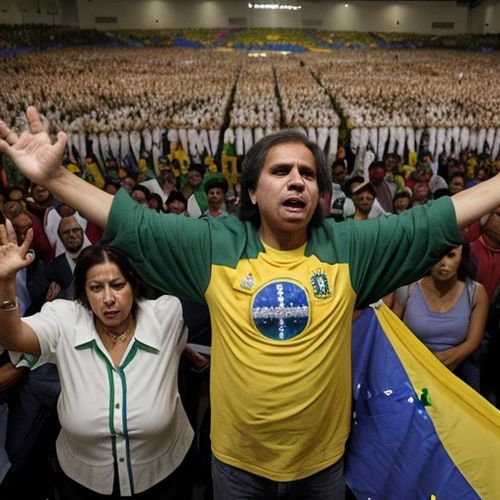
By James Moore/Apr 19, 2025

By Daniel Scott/Apr 19, 2025
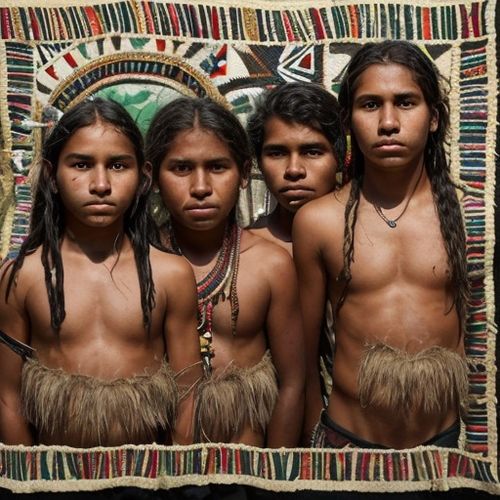
By George Bailey/Apr 19, 2025
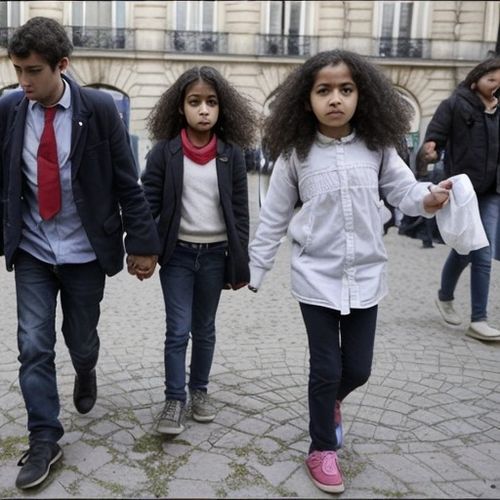
By Amanda Phillips/Apr 19, 2025
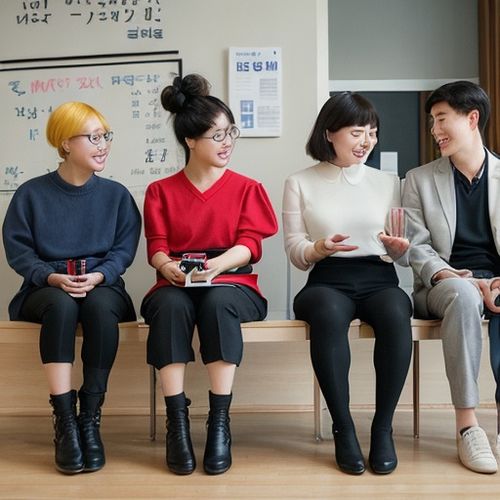
By Amanda Phillips/Apr 19, 2025

By Joshua Howard/Apr 19, 2025
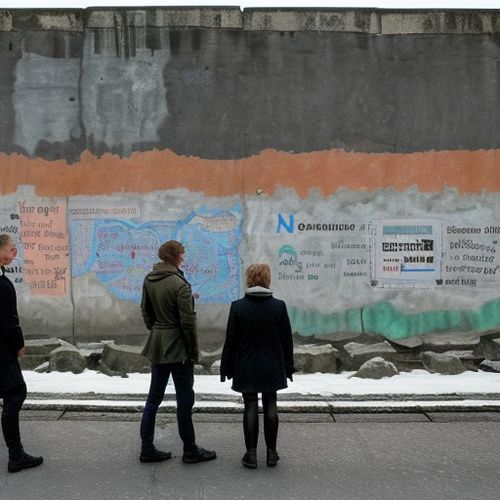
By Thomas Roberts/Apr 19, 2025

By Thomas Roberts/Apr 19, 2025
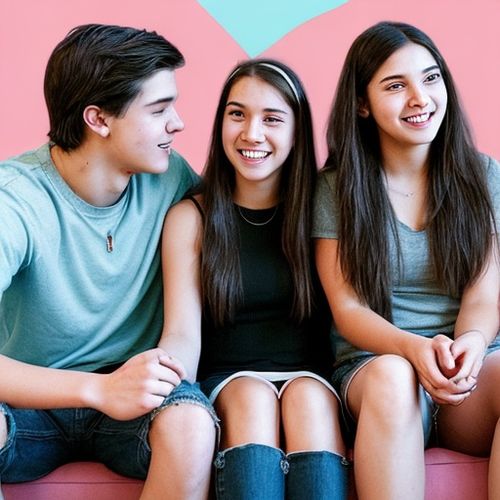
By Noah Bell/Apr 19, 2025
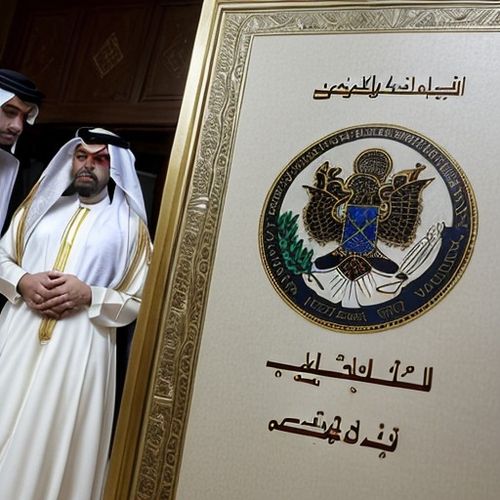
By James Moore/Apr 19, 2025
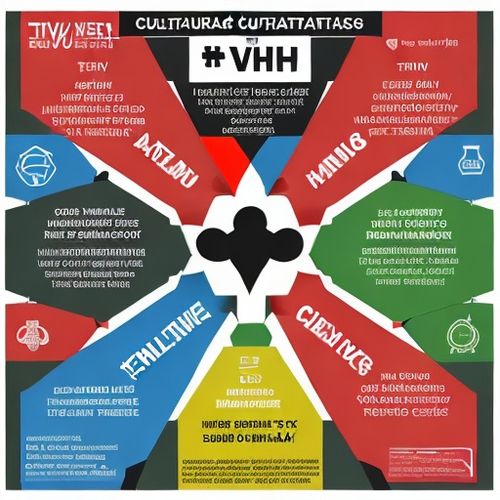
By Rebecca Stewart/Apr 19, 2025
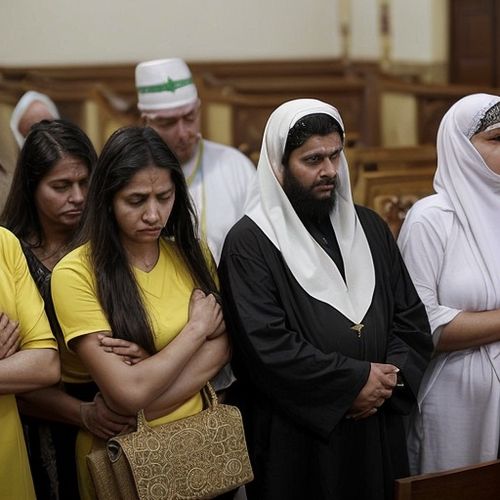
By Noah Bell/Apr 19, 2025
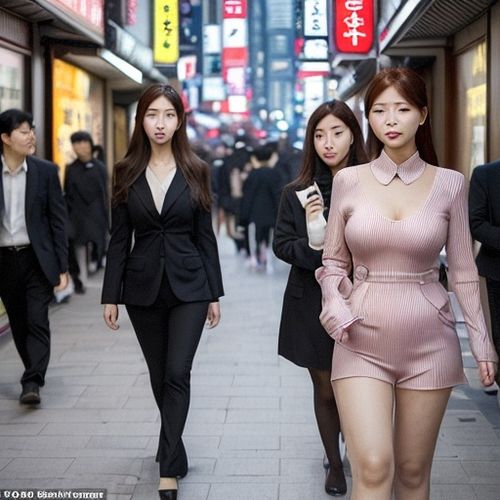
By Elizabeth Taylor/Apr 19, 2025
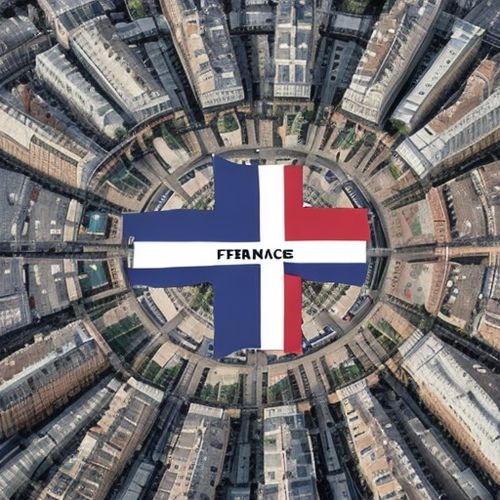
By Benjamin Evans/Apr 19, 2025
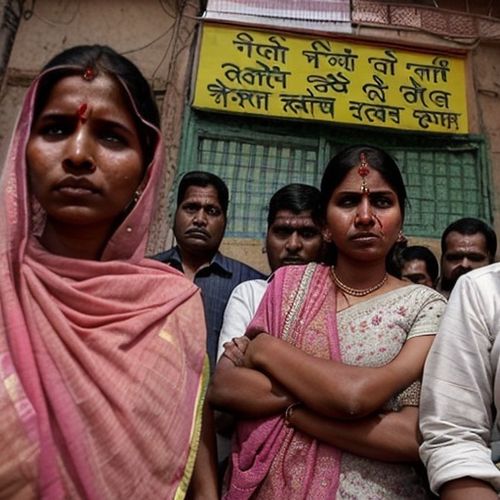
By Laura Wilson/Apr 19, 2025
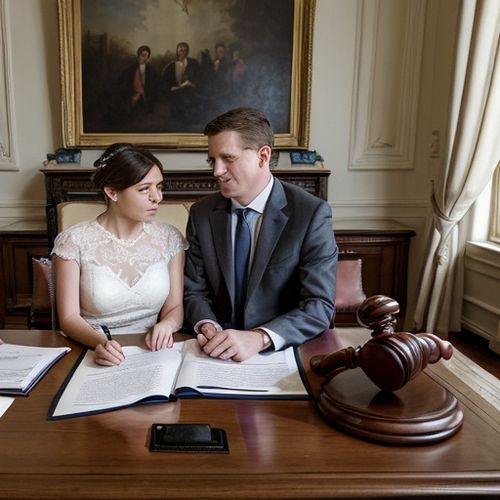
By Victoria Gonzalez/Apr 19, 2025
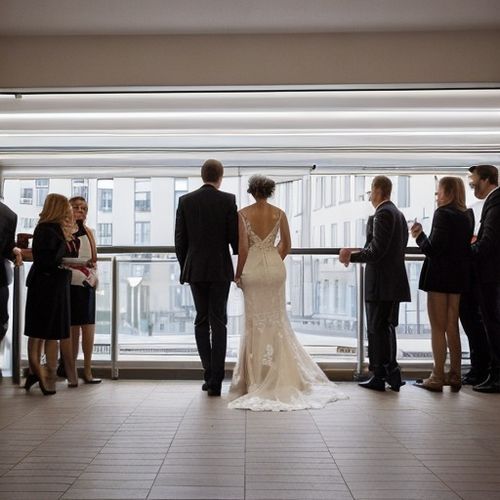
By Laura Wilson/Apr 19, 2025
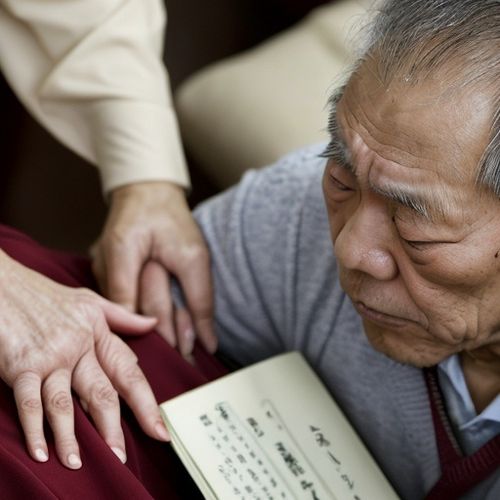
By Laura Wilson/Apr 19, 2025

By Sophia Lewis/Apr 19, 2025